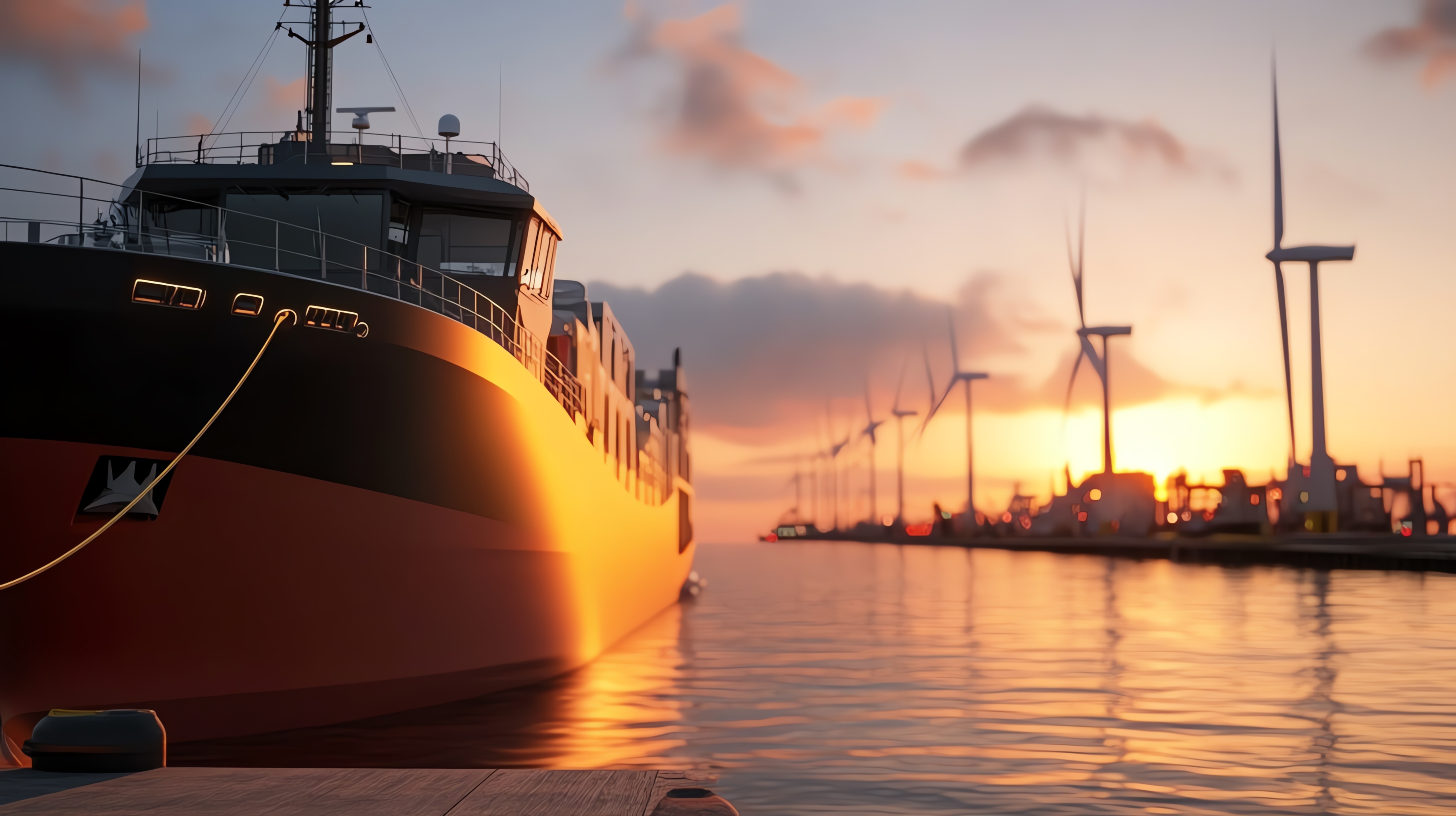Facts
The claimant, cargo interests, brought an action against the defendant, Owners of The Elin, following the loss of deck cargo in heavy seas. The cargo was carried under a non-negotiable bill of lading from Thailand to Algeria which provided as follows:
1 -on page 1: "The Carrier shall in no case be responsible for loss of or damage to the cargo, howsoever arising.. in respect of deck cargo"; and
2 -on page 2 that the 70 packages identified on the attached list were "loaded on deck at shipper's and/or consignee's and/or receiver's risk, the carrier and/or Owners and/or Vessel being not responsible for loss or damage howsoever arising."
The cargo interests brought a claim in contract, tort and bailment, alleging that the loss of the deck cargo was caused by the Owners' breach of duty and/or the contract contained in or evidenced by the bill of lading. In particular:
- The Owners failed to deliver the deck cargo in the same good order in which it had been on shipment;
- Failed properly and carefully to load, stow, carry, care for and discharge the deck cargo;
- Failed properly to lash and/or stow the deck cargo sufficiently for the voyage; and/or
- Failed to exercise due diligence to make the ship seaworthy at the commencement of the voyage and, in particular, to make the ship and her holds fit for the reception, carriage and preservation of the deck cargo stowed in it.
Certain assumptions were agreed between the parties:
- Neither the Hague Rules nor the Hague-Visby Rules applied to cargo stated in the bill of lading to have been loaded on deck, provided that the cargo was in fact so loaded;
- Consequently, Owners' obligations in respect of the deck cargo were found in the bill of lading and at common law;
- At common law, there was to be an implied term that the vessel would be seaworthy before and at the commencement of the voyage and the warranty of seaworthiness was an "absolute" warranty; it was arguable that Owners were strictly liable to deliver the cargo at the destination in as good a condition as that in which they received the cargo onboard.
Owners denied liability and sought to rely on the two provisions in the bill of lading quoted above. They argued that the liability for the carriage of deck cargo was excluded by express terms in the bill of lading, including liability for negligence and unseaworthiness.
The cargo interests contended that the implied obligation of seaworthiness was fundamental and overriding, and an exclusion clause did not affect it unless clearly worded.
The High Court was asked to determine "Whether, on a true construction of [the bill of lading], the defendant is not liable for any loss or damage to any cargo carried on deck howsoever arising, including loss or damage caused by unseaworthiness and/or the defendant's negligence."
Judgment
The Court held that viewed as a construction of the terms of the bill of lading, free from authority, the words of exclusion were effective to exclude liability for both negligence and unseaworthiness. The words of exclusion were clear. The Owners had no responsibility for cargo carried on deck whatever the cause. It was difficult to conceive of wider words of exemption. The exclusion covered any and every cause and there was no justification for excluding either negligence or unseaworthiness as a cause.
The court also reminded the parties when the Hague or Hague-Visby Rules would apply:
(a) Where the bill of lading states that the cargo is carried on deck but, in fact, the cargo is carried below deck; or
(b) Where the bill of lading is silent as to the location of the cargo but, in fact, the cargo is carried on deck.
Therefore, the exclusion clause will only be effective where the bill of lading states that the cargo is carried on deck and the cargo is in fact loaded and carried on deck.
Comment
This decision should be welcomed by the Members. While certain jurisdictions like Singapore (Sunlight Mercantile Pte Ltd v Ever Lucky Shipping Co Ltd [2004] 2 Lloyd's Rep 174) and Canada (Belships v Canadian Forest Products Ltd [1999] AMC 2606) have held that a carrier would not be able to avoid liability for unseaworthiness and negligence under similarly worded exclusions, the High Court reaffirmed that as a matter of English law a carrier would be able to avoid liability for any loss or damage to deck cargo "howsoever arising" or any similarly worded exclusion, even if the loss or damage is caused by unseaworthiness and negligence.
Members are also referred The UK P&I Clubs legal update dated 1 May 2019 , "Carrying Deck Cargo - at whose risk?" - https://www.ukpandi.com/knowledge-publications/article/carrying-deck-cargo-at-whose-risk-148391/ in which this case was discussed.




